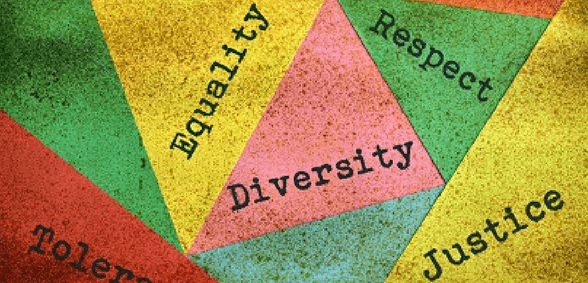
Six organisations which oversee the NHS have published a new report detailing the ‘next steps’ to improve fairness at work
Six organisations responsible for healthcare in England have published a new report outlining the experience of black and minority ethnic (BME) working for the health service.
The latest publication from the Workforce Race Equality Standard (WRES) programme, is the first to look at fairness at work for BME people in the six national bodies which oversee the NHS. The WRES for health service Arm’s Length Bodies (ALBs) assesses employees’ own stated experience of discrimination and unfair treatment at work.
Although taking part in the WRES is not a statutory requirement, all six of the ALBs have agreed to submit their performance, to get a clearer picture of the experiences of BME people working in the health service.
The report finds that whilst there are some gaps in available data to understand race equality issues across the health service, BME people are under-represented at senior levels in the six organisations and more likely to be entered into disciplinary processes than white members of staff.
The report is one of the most comprehensive assessments of the experience of BME people working anywhere in the public sector, and to act on its findings, the health service is training 50 Race Equality Experts, who will help to identify and deliver improvements.
Simon Stevens, Chief Executive of NHS England, said: “Making the health service in England a fairer place to work is good for our patients and good for our staff. That’s why an honest assessment of the status quo is important in both catalysing change and then enabling national and local bodies across the NHS to track much needed improvements across the board.”
Yvonne Coghill, Director of the Workforce Race Equality Standard at NHS England, said: “Whichever part of the health service people work in, staff have a right to fair treatment. Although the NHS is for the majority of our staff a positive place to work, there’s no doubt that many people from black and ethnic minority backgrounds do not feel they are treated fairly.
“Each of the six national organisations, and every local care provider has a responsibility to take seriously these findings and the issues that have been raised by our staff. 50 Race Equality Experts are being trained to help senior leaders across the NHS to take positive, practical action to make our health service a fairer place to work.”
The WRES for ALBs collates available data for the performance of six national health organisations, against nine indicators of fair treatment in line with race equality, during 2016 and 2017. The six ALBs are:
- NHSEngland
- NHS Improvement
- NHS Digital
- Health Education England
- Public Health England
- Care Quality Commission.
Performance on the workforce race equality indicators varies between organisation, with leaders of the six ALBs expecting both the performance, and collection of data, to improve as routine reporting on race equality increases.
Don’t forget to follow us on Twitter, or connect with us on LinkedIn!

Be the first to comment